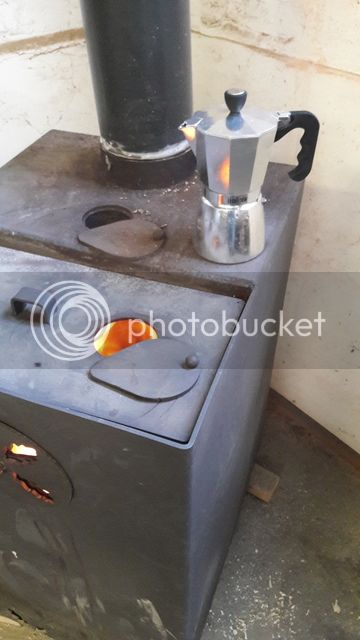slemishwoodcrafts
Established Member
What does everyone do? I'm now up in the workshop between 5 and 8 every morning working on Christmas orders before I go to work and as you can imagine it's chilly enough. I like the idea of a fan heater as it's near enough instant heat, but thought about maybe an oil filled radiator would be better, set on a timer to come on an hour or so before I head into the workshop.
I would love a stove but it's just not feasible in my situation
Sent from my iPhone using Tapatalk
I would love a stove but it's just not feasible in my situation
Sent from my iPhone using Tapatalk





